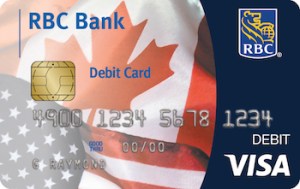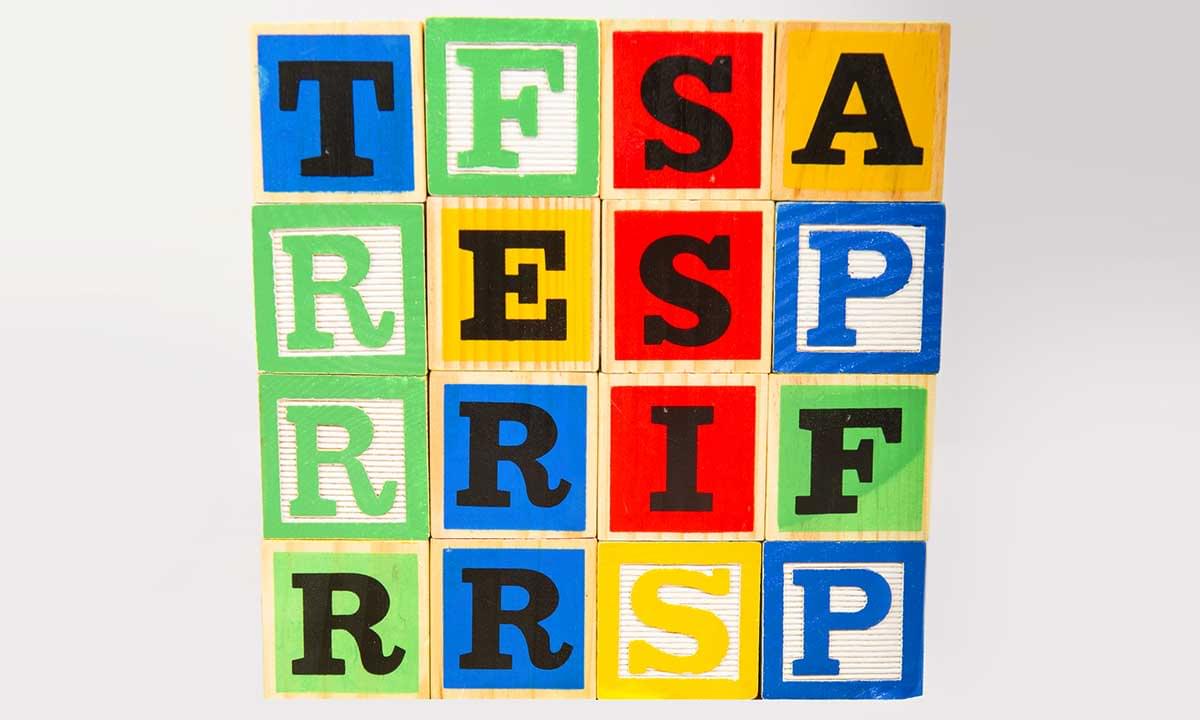Published July 24, 2017 • 5 Min Read
Moving to the U.S. from Canada: The Good, The Bad and the Taxes. Part 5: What to Do with Your Canadian Investments
If you’re planning a move to the U.S. and have investments in Canada, you may want to review them with an investment or tax advisor before you leave the country. It’s important that you know your options, so you can maintain a strong financial plan that is tax efficient.
Non-Registered Accounts in Canada
Contact your financial advisor to go over any steps you need to take regarding your non-registered accounts, including any trading restrictions and documentation requirements. For instance, if you’re using an investment account located in Canada while a U.S. resident, you may need to provide taxpayer identification information to avoid U.S. withholding tax.
Canadian Mutual Funds in Non-Registered Accounts
Due to Canadian securities law, Canadian mutual fund companies cannot sell domestic mutual funds to residents in the U.S. If you already own Canadian-based mutual funds, you may not need to sell them; however, some fund companies may require you to redeem them. Keep in mind that even if you don’t sell your funds, the money may be subject to departure tax when you leave the country.
Because there are some very specific – and complicated – rules around U.S. residents purchasing or owning foreign investments (in some cases punitive U.S. tax may apply), it’s best to review your investments with a qualified cross-border advisor who can advise you on what to do with these assets.
Your non-registered assets may be subject to Canadian departure tax, so these accounts might be the first ones you look at when planning out your finances in advance of your move.
Tax-Free Savings Accounts (TFSAs)
When you move to the U.S., you are allowed to keep your TFSA. Assets in your TFSA are not subject to departure tax, and earnings in the account, as well as withdrawals, will still be tax-free for Canadian tax purposes. However, you will not be allowed to contribute to your TFSA while you’re in the U.S., and no contribution room will accrue while you are a non-resident of Canada. Also, the tax-free status does not apply for U.S. income tax purposes and if your TFSA is considered to be a foreign trust, there will added filing requirements, in addition to reporting all income earned in the plan.
Registered Retirement Savings Plans (RRSPs)
“Contrary to popular belief, you don’t need to collapse your RRSP when you leave Canada. You can keep the plan in place and have the income within it continue to grow on a tax-deferred basis.”
You can also continue contributing to your RRSP if you have the contribution room, although you can’t deduct the contribution from your U.S. return. So it may not make sense to make contributions to the plan after you cease Canadian residency.
Although you can continue to enjoy tax-deferred growth for Canadian tax purposes, a tax deferral is not automatic for U.S. tax purposes, as income earned is typically taxable annually in the U.S. The Canada-U.S. Tax Treaty does allow you to make an election annually to defer the tax on this income for U.S. federal tax purposes until a withdrawal is made. However as some states may not respect this election it is important to confirm with your tax advisor the tax treatment in the U.S. state you will reside in.
If you do decide to withdraw from your RRSP after you leave Canada, the withdrawal will be subject to Canadian withholding tax of 25 percent and it may be subject to U.S. income tax as well. Generally, your plan has a tax basis when you move to the U.S. based on contributions made to the plan. Speak to your tax advisor about minimizing your U.S. tax exposure.
Registered Retirement Income Funds (RRIFs)
As with an RRSP, you’re not required to deregister your RRIF upon leaving Canada, and you can keep the plan intact. Much of the same planning and tax issues as discussed for your RRSP will apply to your RRIF. Therefore, it’s best to talk to a cross-border tax advisor to understand your tax liabilities before making any decisions about your RRIF.
As a result of the Canada – U.S. Tax Treaty, withdrawals from your RRIF as a resident of the U.S. may be subject to a reduced Canadian non-resident withholding tax rate of 15%, depending on the amount of payments.
Taking care of your Canadian investments before you leave for the U.S. is a critical step in ensuring your financial plan makes sense for your situation. While the above information can give you issues to consider, it’s best to review your investments with a cross-border financial advisor who can help you make the most of your money on both sides of the border.

Brought to you by RBC BankTM U.S.
RBC Bank is RBC Bank (Georgia), National Association (“RBC Bank”), a wholly owned U.S. banking subsidiary of Royal Bank of Canada, and is a member of the U.S. Federal Deposit Insurance Corporation (“FDIC”). U.S. deposit accounts are insured by the FDIC up to the maximum amount permissible by law. U.S. banking products and services are offered and provided by RBC Bank. Canadian banking products and services are offered and provided by Royal Bank of Canada. U.S. deposit accounts are not insured by the Canada Deposit Insurance Corporation (“CDIC”).
This article is intended as general information only and is not to be relied upon as constituting legal, financial or other professional advice. A professional advisor should be consulted regarding your specific situation. Information presented is believed to be factual and up-to-date but we do not guarantee its accuracy and it should not be regarded as a complete analysis of the subjects discussed. All expressions of opinion reflect the judgment of the authors as of the date of publication and are subject to change. No endorsement of any third parties or their advice, opinions, information, products or services is expressly given or implied by Royal Bank of Canada or any of its affiliates.
Any information, opinions or views provided in this document, including hyperlinks to the RBC Direct Investing Inc. website or the websites of its affiliates or third parties, are for your general information only, and are not intended to provide legal, investment, financial, accounting, tax or other professional advice. While information presented is believed to be factual and current, its accuracy is not guaranteed and it should not be regarded as a complete analysis of the subjects discussed. All expressions of opinion reflect the judgment of the author(s) as of the date of publication and are subject to change. No endorsement of any third parties or their advice, opinions, information, products or services is expressly given or implied by RBC Direct Investing Inc. or its affiliates. You should consult with your advisor before taking any action based upon the information contained in this document.
Furthermore, the products, services and securities referred to in this publication are only available in Canada and other jurisdictions where they may be legally offered for sale. Information available on the RBC Direct Investing website is intended for access by residents of Canada only, and should not be accessed from any jurisdiction outside Canada.
Share This Article






